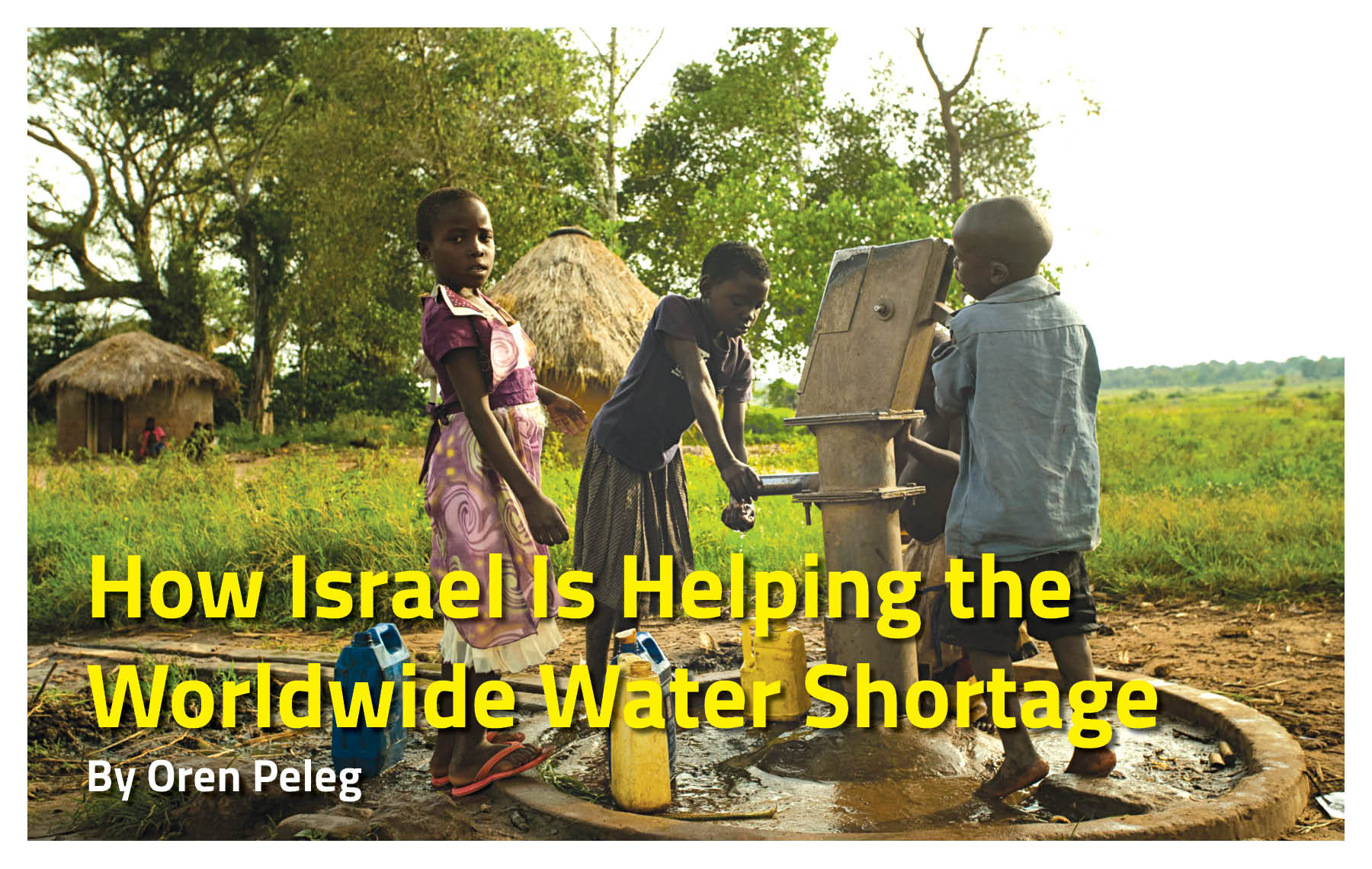

More than a decade before David Ben-Gurion declared Israeli independence from the confines of a Tel Aviv bomb shelter, he and other luminaries who envisioned a developed, progressive Jewish state knew that water, as much as war, would determine Israel’s survival and viability.
In 1937, well before they had their ancestral homeland, before they had war on their hands, Jews in the region had Mekorot, a national water authority. Tasked with diverting water from sources such as the Sea of Galilee and the Jordan River in the wetter north to the more barren south, Mekorot executed plans during Israel’s infancy to lay the groundwork for quenching the future nation’s thirst.
Underscoring the importance Israel has always placed on its water sector is its prioritization over other key infrastructure sectors. Water has been piped from north to south for agriculture, energy and drinking since the 1960s; whereas Israeli drivers got their first true nation-length expressway only 10 years ago.
Prioritizing water is one thing. Succeeding in the water sector amid unfavorable elements is another. Nearly two-thirds of Israel is bone-dry desert, long thought unsuitable for bountiful agricultural yields. Rainfall is scarce and devastating droughts are commonplace. The stakes have always been understood: If Israelis were to thrive, they’d have to evolve, fight the elements and provide water security to a people cornered in one of the most arid strips of land on Earth.
The conditions haven’t gotten any easier. As a result of climate change, Israel’s rainfall has been cut in half since 1948, while its population has increased tenfold.
“No one should die of thirst,” Yaari says almost pleadingly in the film. “It’s not just.”
Still, Israel’s story represents a drop in the bucket of the world’s cataclysmic water crisis, a global issue reaching apocalyptic proportions, even in the developed world. This past summer, Cape Town, one of South Africa’s most popular tourist destinations, came within weeks of its self-imposed Day Zero — a day when all of the city’s taps would be shut off and emergency rations would be imposed nationwide.
The crisis was averted, thanks to urgent regulations on water use for baths, flushing toilets and washing clothes. Timely rainfall also helped restore reservoir levels by 20 percent. The South African tourist board now estimates that Cape Town’s Day Zero concerns can be pushed into 2019. Regardless, the situation remains dire.
Cape Town’s actions will soon be the new normal. According to the World Health Organization, half of the global population will be facing water scarcity by 2025.
As a result, Israel increasingly finds itself in a unique situation.
By the 1980s, Israel had largely conquered most of its water problems. Its water sector progressed through transformational conservation methods, reuse of wastewater (Israel reuses more than 90 percent of its water; next in the world is Spain at 20 percent), and the pioneering of such methods as drip irrigation. Israel made its desert bloom into a fruitful agricultural powerhouse. More recently, it added desalination of the Mediterranean to the mix to shore up supplies of urban drinking water. By 2014, the same year California declared a state of emergency while reckoning with its region’s worst drought in 1,200 years, Israel became a water-surplus nation, able to export water to neighboring Jordan and Palestinian territories.
“I think in order to solve the crisis, the people of the world need to work together, and a country like Israel needs to be brought into that discussion more and more because of Israel’s vast experience,” Micah Smith, director of “Sustainable Nation,” a new Israeli documentary that follows three Israelis who are bringing sustainable water solutions to an increasingly thirsty planet using solutions developed in Israel, said in an interview.
“‘Sustainable Nation’ follows some of the change-makers exporting Israeli water ingenuity to the rest of the world.”
As showcased at a United Nations conference for International Water Day this past March, Israeli water sector entrepreneurs are integral participants in the global water conversation. The conference highlighted how Israeli-developed water technology services were being used in more than 100 countries worldwide. A noticeable absentee from that list was South Africa, due to its frayed diplomatic relations with Israel, which were marred by Pretoria leveling apartheid charges at Jerusalem.
“South Africa is the negative example in all this,” Smith said, referencing the country’s refusals to accept Israeli aid in the face of its water crisis. A 2016 Johannesburg conference aimed at dealing with the water crisis in South Africa was scrapped because of boycott, divestment and sanctions-backed pressure and other criticism concerning Israel’s inclusion. “It’s tragic to see that people are putting lives at risk rather than bringing people together to solve the world’s water problems,” Smith said.
Smith said he made “Sustainable Nation” to tell Israel’s water story, one that people the world over can learn from. That story, as Clive Lipchin, a South African-born Middle East drought expert puts it in the film, is one of “a people unwilling to accept the status quo.”
“Sustainable Nation” follows some of the change-makers exporting Israeli water ingenuity to the rest of the world. Produced by Jerusalem U, the nonprofit creative team behind “Beneath the Helmet,” the 2014 documentary about Israel Defense Forces soldiers, Smith’s film intimately portrays several Israeli water-sector innovators attempting to bring their expertise to water-starved or water-challenged parts of the world such as South Asia and Africa.
Sivan Yaari, CEO of Innovation: Africa, an Israeli NGO, is one of them. Her organization has brought solar-powered water pumps to hundreds of rural African villages.
“No one should die of thirst,” Yaari says almost pleadingly in the film. “It’s not just.”
In rural Uganda, where “Sustainable Nation” follows Yaari, matriarchs are responsible for the family unit’s water needs. Mothers often trek at least two or three miles round trip with 20-liter jerry cans for filling about four times a day. A sequence in the film depicts a mother performing the feat with a baby held in a sarong on her back.
Yaari’s organization surveys villages for water sources, often finding clean water deep in aquifers, then builds towers and installs water tanks equipped with solar pumps. By way of gravity, water flows to taps throughout a village. Local women then become managers and operators of the system, learning accounting techniques, opening bank accounts, and being responsible for maintenance and upkeep with Innovate: Africa personnel monitoring and guiding them remotely from Israel.
Of her work, Yaari says in the film, “it’s still so small compared to the need.”
Eli Cohen, also profiled in the film, is a prolific aquatic farmer trying to bring his revolutionary natural filtration methods to India. There, tens of millions living along the Ganges River and its tributaries deal with agricultural, domestic and industrial sewage polluting the water supply. Sewage water from murky, archaic “nalas” or drains, runs directly into homes and communal water depots. Despite plenty of rainfall and billions of dollars invested into energy-intensive water treatment methods, India’s water supply remains mired in pollution problems.
A farmer who ditched working in high-tech to enjoy the serenity of nature in Zippori, Israel, Cohen hopes to bring aquatic planting on a massive scale to India. Applying an energy-free filtration method, plants add oxygen to sewage water, absorb toxins and even heavy metals, and incorporate them into biomass. L’Oreal Israel, the large beauty products manufacturer, pipes its chemical wastewater into Cohen’s majestically designed aquatic plant ponds to meet Israel’s strict wastewater regulations.
In the film, Cohen presents a proposal for treating a portion of the Najafgarh River, a major tributary of the Ganges that 8 million people live on, which is infested with thick, raw sewage. The proposal calls for a series of ponds and parks with floating aquatic plants naturally treating the water.
“The solutions are so simple,” Cohen says at one point with a hint of exasperation.
Cohen’s and Yaari’s stories in the film (Cohen’s, an uphill bureaucratic battle with hints of promise; and Yaari’s seemingly a success) hint at a cumbersome truth: We possess the tools to address the world’s water crisis but do we all care enough to act?
The 38-year-old Smith, who lives in a Jerusalem suburb with his wife and two children, said he finds hope in his kids, who, like many of their Israeli peers, are obsessed with water conservation.
“I have trouble getting my kids to flush the toilet sometimes because they think it’s a waste of water,” he said. “While this generation might not be able to shift the global consciousness, really, if we want to save the world, so to speak, we have to focus on the next generation.”
After his film’s anticipated festival run next year, about which Smith did not disclose many details, he plans to supplement its availability on streaming platforms with educational screenings at schools. One thing the film outlines is how water conservation has seeped into the consciousness of Israeli society through a series of practical in-home innovations and effective widespread outreach efforts.
“In the film, Cohen presents a proposal for treating a portion of the Najafgarh River, a major tributary of the Ganges that 8 million people live on, which is infested with thick, raw sewage.“
That has meant, among other things, dual flush toilets and decades-old media campaigns that included humorous television commercials encouraging people to shower together, guilt-inducing public service announcements, and even children’s programming (“Sustainable Nation” features a short clip of a “Sesame Street”-like show in which humans reprimand water-wasting puppets).
A cultural overhaul toward conservationism took place in the 1980s, coinciding with Israel’s water-sector technology boon. The collective response to water shortages by the public makes Israel unlike most places on Earth — certainly, Smith believes, his birthplace of Los Angeles.
“I experienced serious culture shock in Israel when it came to water,” said Smith, who made aliyah in his early 20s. Born in Westwood, Smith attended, as he put it, “every Jewish day school in the city.” He can’t remember any attention being paid to water conservation during that time.
“The relationship to water in [Israel] is so drastically different than back in the States,” he said. “Everyone is taught conservation from a young age. It’s absolutely cultural. The movie is also a way to show places like California that culture can be shifted as well.”
“Sustainable Nation” will have a private screening in Los Angeles on Nov. 12.








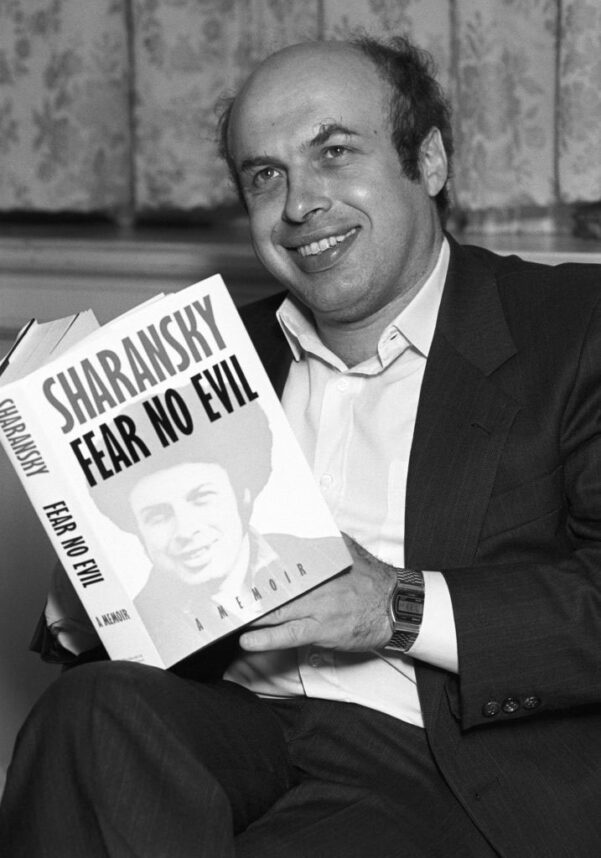

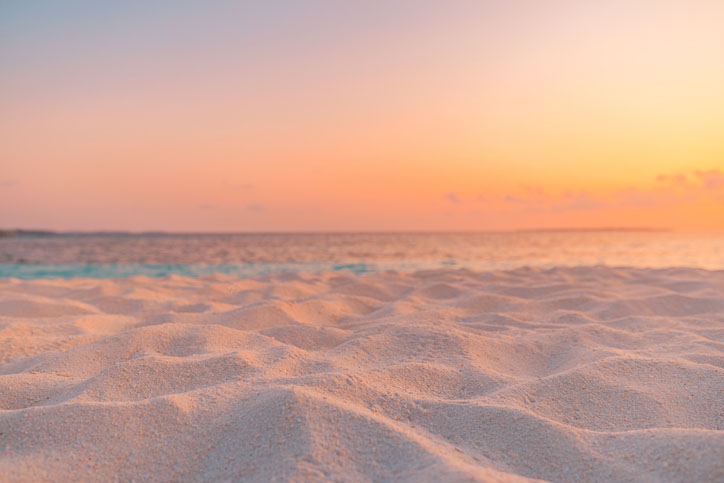
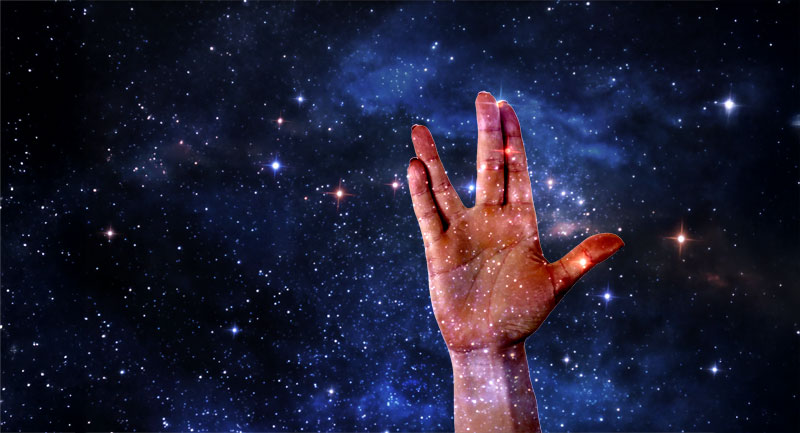

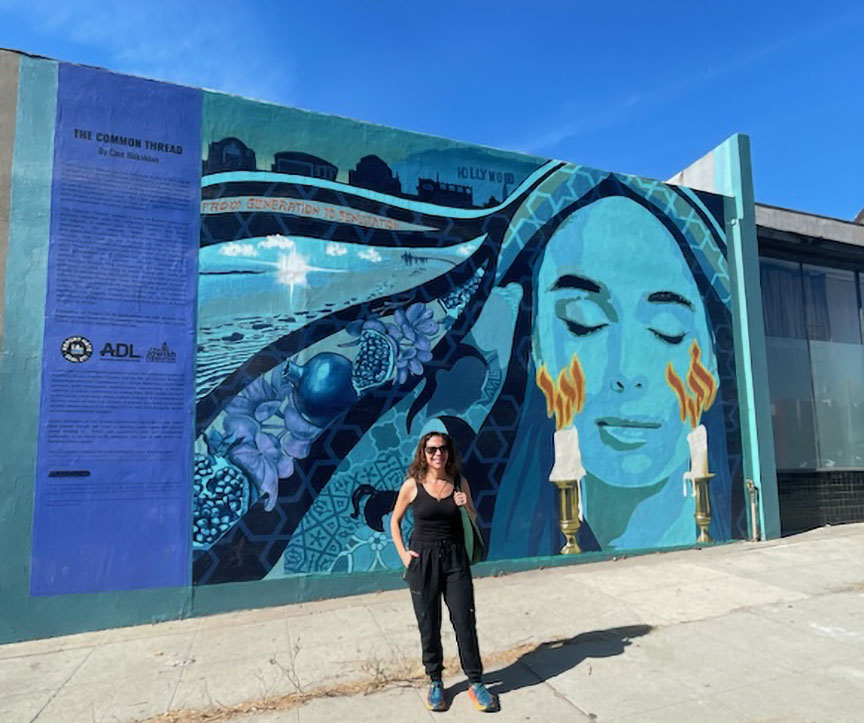







 More news and opinions than at a Shabbat dinner, right in your inbox.
More news and opinions than at a Shabbat dinner, right in your inbox.